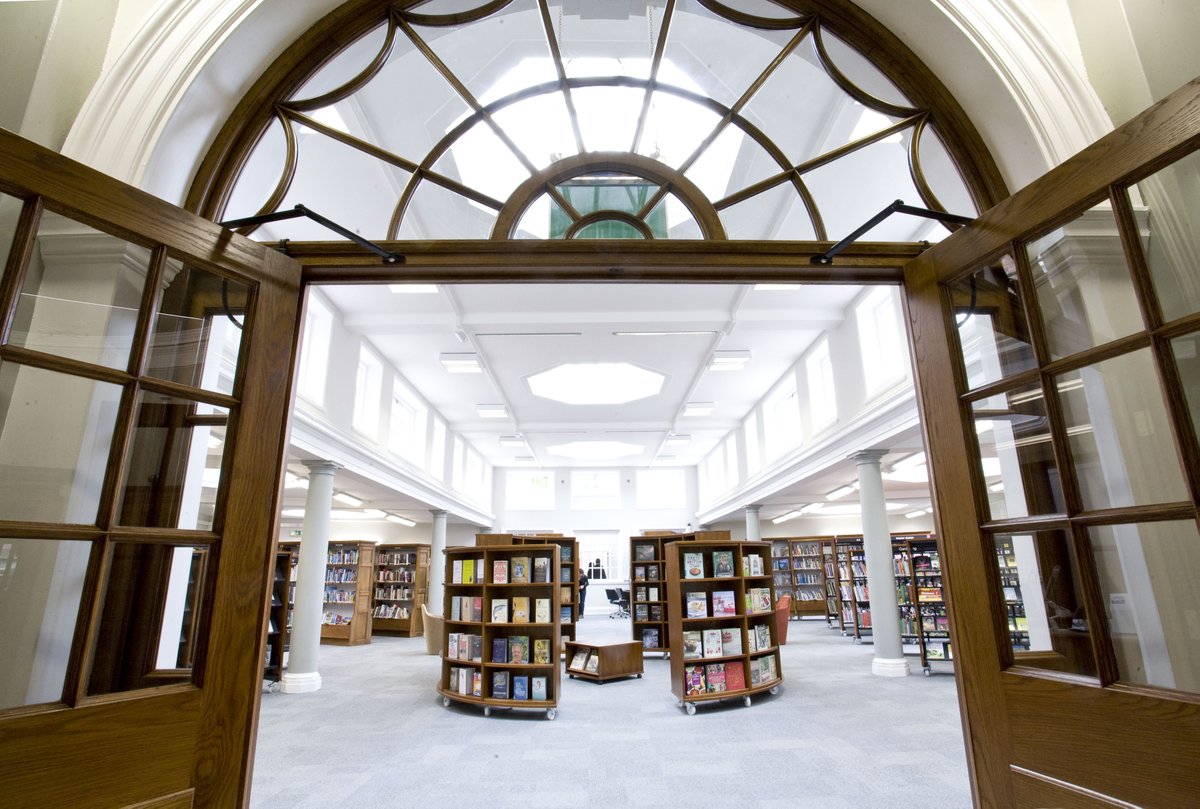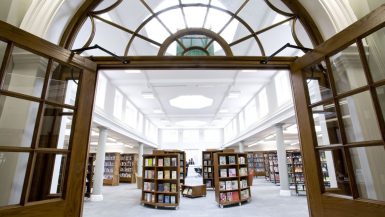David’s plans had been ripped apart that summer morning. He was devastated by the disapproval of his parents, whose urge to step in, protect, and offer counsel, had led them to express their feelings very strongly in a letter.
Surely, David’s parents thought, their son would appreciate that they had gotten in touch with the Ministry on his behalf. Surely he would reconsider the path he was determined to take – especially now the authorities were aware. Surely he could see, in his parents’ slanted handwriting, their loving guidance; in the unyielding pressure of the nib, the firm and wise voice of their experience; in the rounded loops and curls of the strokes, the tender grip of their affection.
Ink, paper, and handwriting were David’s parents’ only means of getting through to him – their only way of grappling with their son’s pacifism in the most difficult, trying, and controversial times to be opposed to conflict: war.
David had written of his desire to move to Dundee, but his parents could not approve of such a plan at the nation’s time of need.
The house is on fire. The world is burning. Humanity is at the cross.
On fire. Burning. David could not believe it.
And yet, you pour cold water on my first chance of being of use!
He wouldn’t have it. David moved to Dundee. On opening his parents’ next letter though, he couldn’t help a bitter lump-in-the-throat sadness. He felt that he’d disappointed his mother and father, that he’d made a hash of life, that he was not good enough. And no calligraphic flourish could soften that.
As he wrote back that September of 1940, David was particularly upset that his parents seemed to be accusing him of taking the path of least resistance.
If you imagine that the job at Bearfauld is sheltered and easy, or that living in Dundee with air raids every other night, howling gangs of town children to control, the abuse of adults to bear (as a conscientious objector) and no pay is soft and cushy, COME AND TRY IT.
Surely David’s parents would be able to read his anger amid the indignant capital letters, emphatic underlining, and upright exclamation marks. He was determined to get across the message that his decision to move to Dundee was not a choice he made on a selfish whim – nor was it simply about escaping the conflict.
What his parents didn’t understand was that David’s job in Dundee had given him a sense of worth. There, he had found his heart, soul, and strength of mind. He brooded over this on his Sunday hike up Braeriach, the summit of which was as clouded as his thoughts, but otherwise spectacular – affording sweeping views across Fife, Ben Nevis, Mull, and beyond.
Perhaps up there, upon a peak that scraped the heavens, in that profound solitude that invited prayer, David would pray with the poem his father had recommended, pray to be that man “who lives to bravely take his share of toil and stress, and, for his weaker fellows’ sake, makes every burden less.” And David would do so while tragically unaware that, down south, in the empty solitude of their own childless home, his mother and a father were praying with those same verses.
Perhaps, unbeknown to both, in this act that they distantly shared, David’s father would finally recognise that he had ignored and misunderstood his own son. Meanwhile, David would finally find in that poem the support and the answers that his dad’s own words had denied him.
And perhaps – why not? – on some level they would meet in these lines, make peace, and be moved to scrawl an unfinished letter goodbye. After all, despite the pain between the inky strokes and counterstrokes, every correspondence would always begin with dear and end with love.
Adapted by María Eugenia Albónico
Content from York Archives





